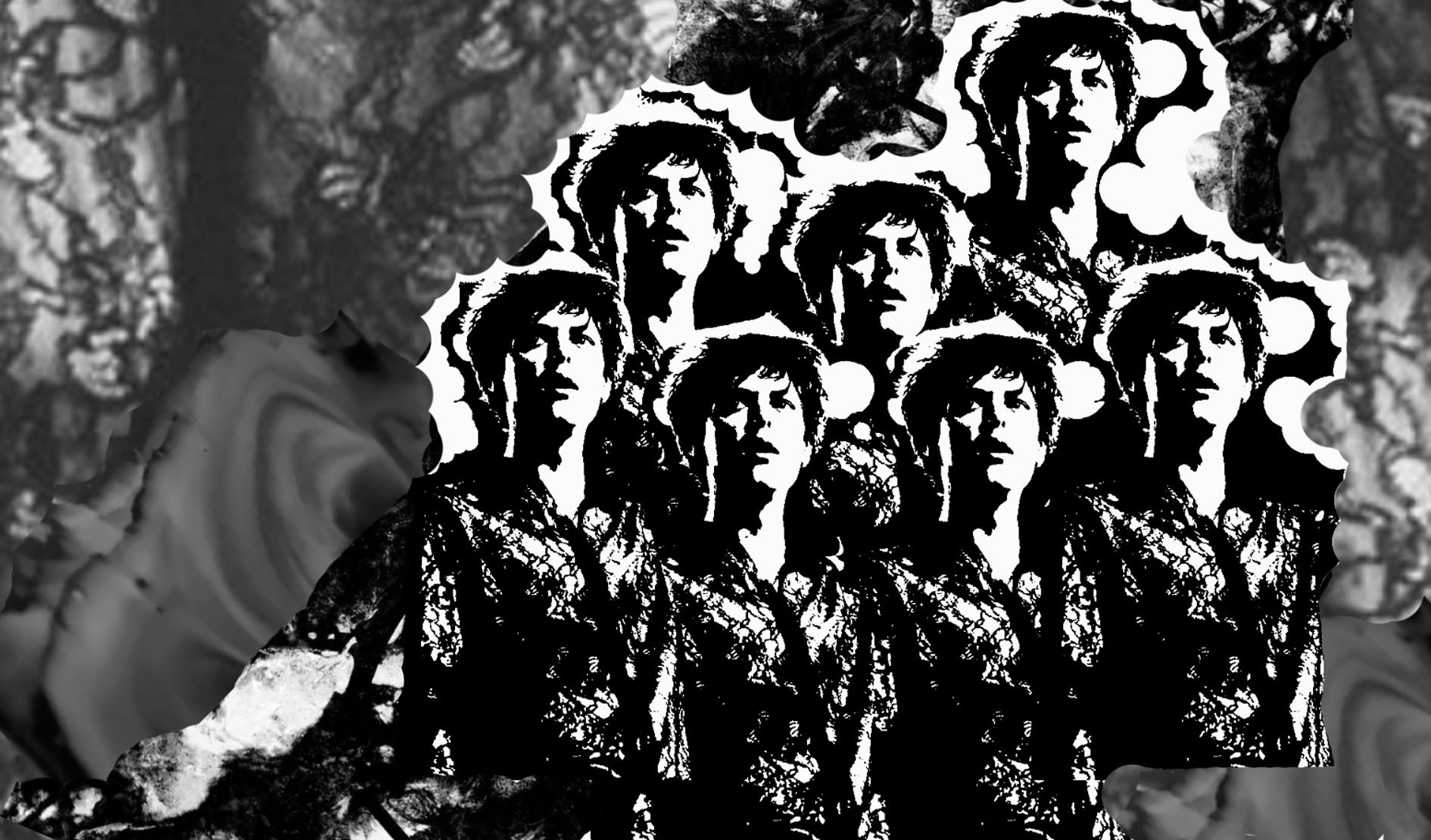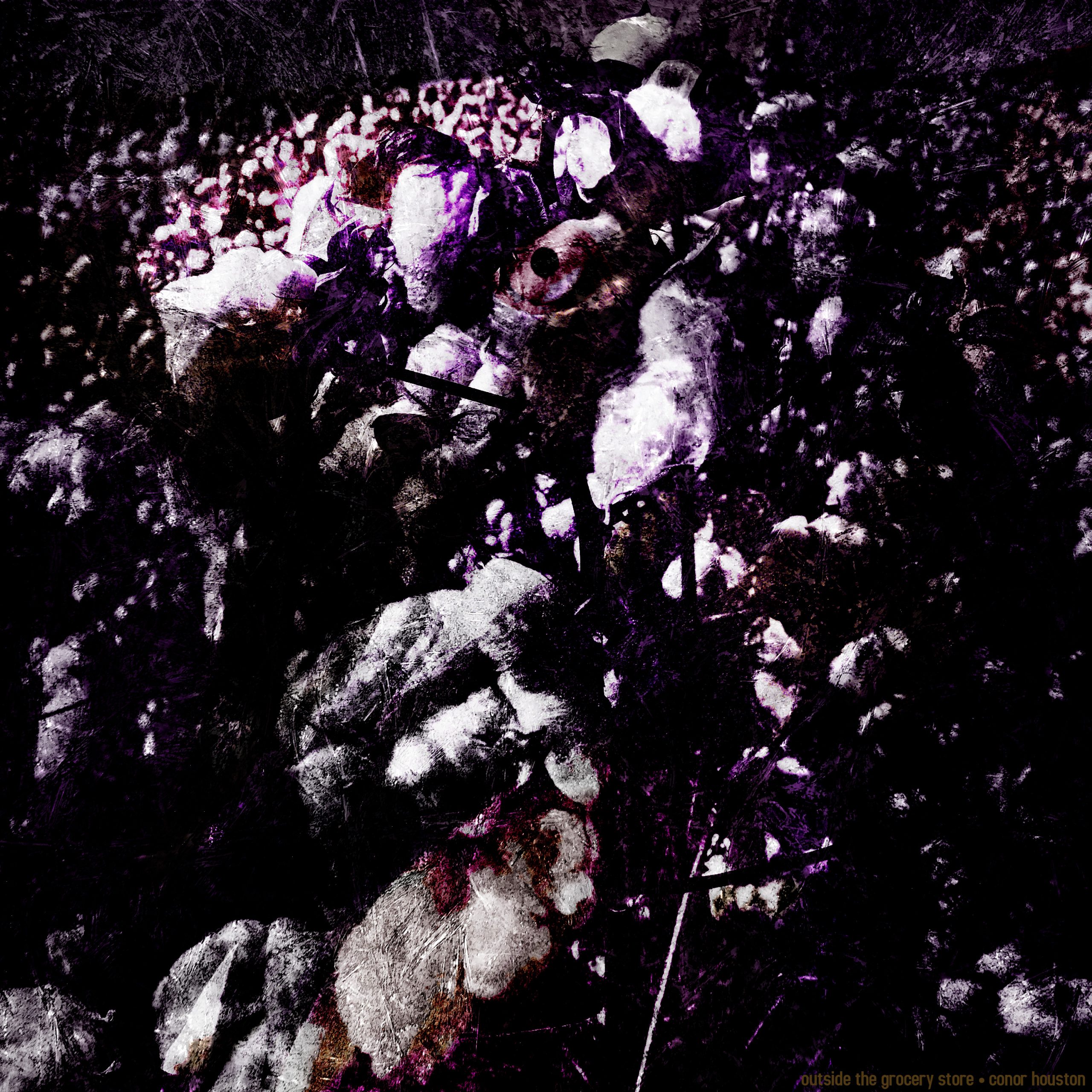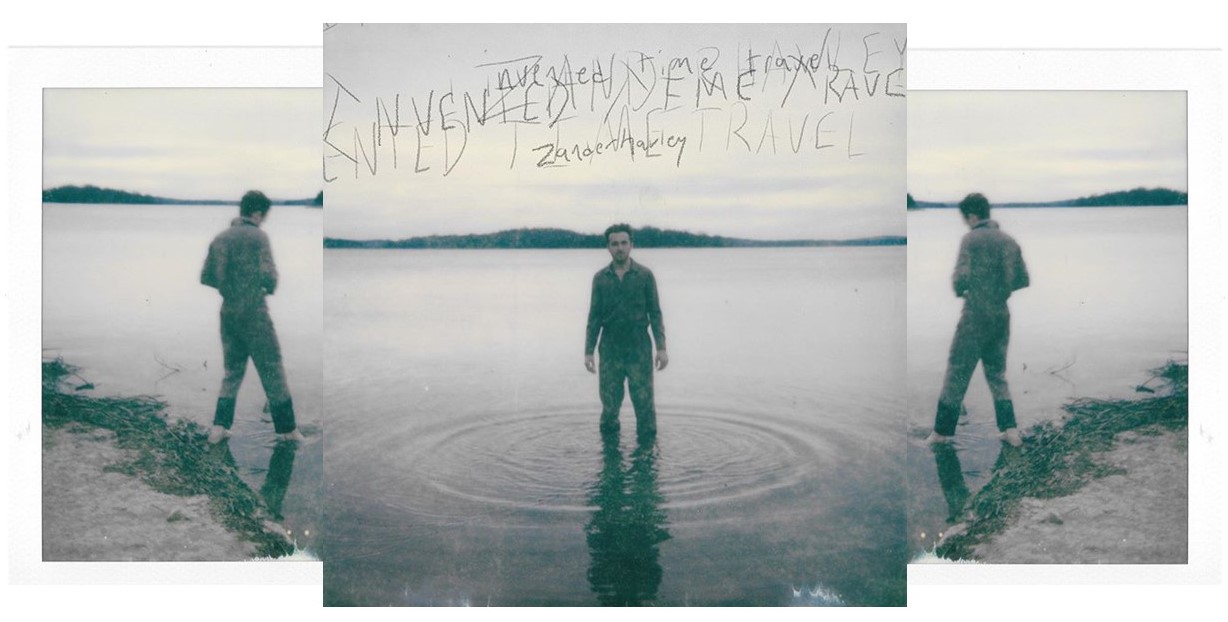Sheffield’s answer to glam rock, Conor Houston, is back with Outside the Grocery Store – a track as intricate in sound as it is mystifying in its meaning.
Though now dwelling in London, I first met Conor in his hometown of Sheffield. Imagine, I’m sat in the pub nursing drinks and in rocks a lanky Tim Burton-esque character adorned in a sequin blazer, eyeliner and a skinny scarf. Exuding a coolness I hadn’t quite seen before, I naturally rolled my eyes. A few pints later he was teaching me how to dance like Mick Jagger on a packed sticky dancefloor, and I almost crack this Conor Houston enigma. Don’t worry this isn’t just a love letter to Conor.
Conor is unapologetically himself. This phenomenon of self-liberation is so likeable that it has seen him through as a session musician across the UK, Europe and beyond; getting plays on BBC Radio 1 and Radio 6 airwaves; and stepping on stage for Jimmy Kimmel Live. Behind the laissez-whatever of Conor’s bravado is pure determination and even better music. That’s where it gets interesting.
Conor could probably make a career out of being himself – the spectacle that he is. His music, however, contradicts this glamourous persona with its difficult and even confrontational style that demands to be listened to. The most comprehensive way I could describe him is along the lines of ‘it takes a lot of effort to be effortless’. Outside the Grocery Store is the exact essence of Conor Houston that must be heard, whether it’s your cup of tea or not, the song perfectly embodies the eclectic personality and musicality of this could be 80s star who stands equally as cool in 2020.
Tracing its conception to the murder of George Floyd, Houston prods at the helplessness of black lives in the hands of corruption, offering up a viewpoint of the corrupt. Not in a devil’s advocate way, but in a challenging reflexive way as he contemplates: ‘Does your mother know what you did? / Would she ground you for the summer if she found out she raised a killer?’ On his lyrics, Conor asserted ‘I wanted to take a subtle and nuanced approach to the subject matter. I decided to write the lyric from the perspective of a police officer, and explore the thoughts he may have in his most private moments.’ In doing so, the musician manages to objectively view the tragedy while also tackling what has come to be termed as white guilt. Matched with a melancholy synth the lyrics nicely fuse with the music with an underscoring of irony. Conor’s atypical vocal and indulgence of 80s style is grounded by the subject matter. Concurrently, the weight of the questions posed become blasé through musical instruction – like this is an every other day occurrence, and it is. Poignantly exemplified in the lyric ‘With your head held high and your heart down low’, privilege and abuse of such is normal as Conor suggests but it is through the music that ‘angels’ being ‘slaughtered’ isn’t as black and white as it may seem. Following the provocation, the track nicely segues into a new melody and narrative:
Mama take his badge from him – he can’t be trusted any more
Mama take his badge from him – he can’t be trusted any more
His grip was tight, his teeth were clenched
Engage the safety catch for him outside the grocery store
This is voiced by the ‘angels’ previously mentioned as they blatantly plead ‘mama take his badge from him’. Somehow there’s an intermission in the middle of his track and not even as a moment of relief. Peppered with xylophonic riffs, the accompaniment merely intensifies, riled by a sort of extra-terrestrial mood with pain dripping from the vocal. Wherever the angels are it is not heaven, a purgatory perhaps.
Punctuating this plea, a thrashing guitar brings us back to the initial melody but this time it’s full throttle. Continuing, more questions for the policeman follow, now biting at the lack of empathy for ‘them’. It’s hard to not see this as a them/us dynamic, the very relationship racism is built on, instead of a unifying relationship. But using a policeman’s narrative helps to justify this – the policemen are the ‘us’ in power, the authority figures who keep this very ‘us/them’ relationship intact. ‘Not that this matters’ the singer ultimately resigns, and the music begins to deteriorate into a chaos. But he’s not quite done. The final repetition of ‘just like the other boys did’ mounts alongside this building disorder with a final scream ‘just like –‘. Cut off abruptly, the end mirrors the acceleration of a gunshot as a final gesture Floyd’s murder but also alludes to the impending discord as a result of protestors, for instance, finally holding the people on top accountable.





